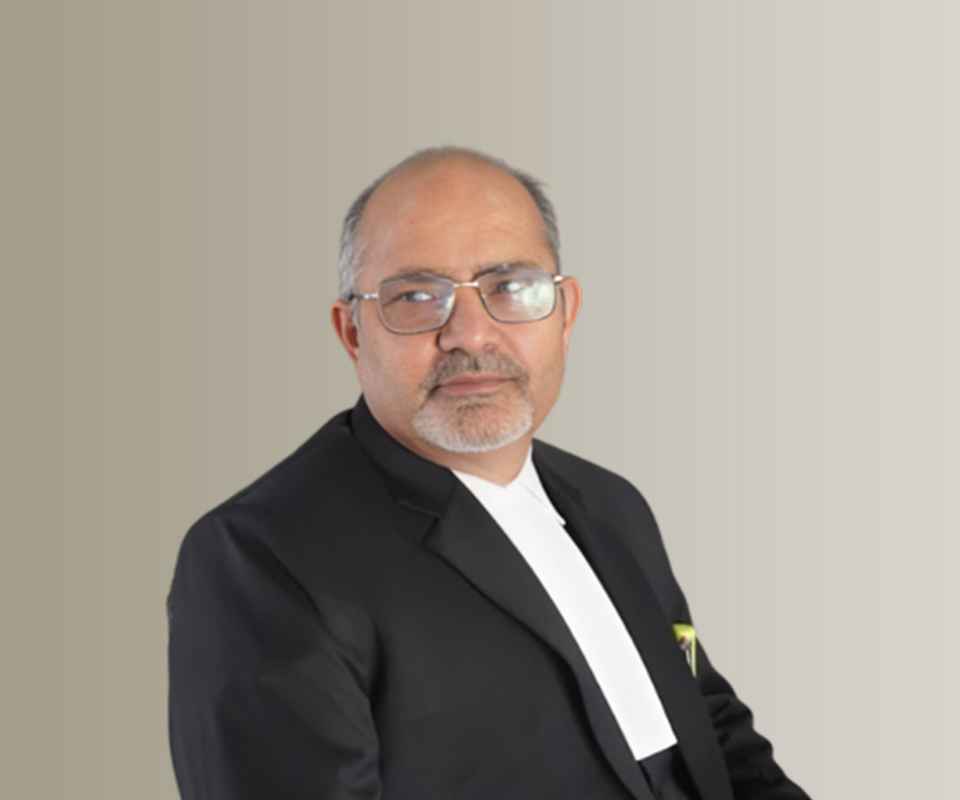Answer By law4u team
Constitution of India Article 181: The Speaker or the Deputy Speaker Not to Preside While a Resolution for His Removal from Office is Under Consideration
(1) At any sitting of the Legislative Assembly, while any resolution for the removal of the Speaker from his office is under consideration, the Speaker, or while any resolution for the removal of the Deputy Speaker from his office is under consideration, the Deputy Speaker, shall not, though he is present, preside. The provisions of clause (2) of article 180 shall apply in relation to every such sitting as they apply in relation to a sitting from which the Speaker or, as the case may be, the Deputy Speaker, is absent.
(2) The Speaker shall have the right to speak in, and otherwise to take part in the proceedings of, the Legislative Assembly while any resolution for his removal from office is under consideration in the Assembly. The Speaker shall, notwithstanding anything in article 189, be entitled to vote only in the first instance on such resolution or on any other matter during such proceedings but not in the case of an equality of votes.
Brief Detail
Article 181 ensures that when a resolution for the removal of the Speaker or Deputy Speaker is being considered, they cannot preside over the sitting. The Speaker has the right to speak and take part in the proceedings, but can only cast a vote once on the matter, except in the case of a tie, where they do not vote.
Question & Answers
Can the Speaker or Deputy Speaker preside over the sitting when a resolution for their removal is being considered?
No, they cannot preside over the sitting during the consideration of a resolution for their removal from office, though they may be present in the sitting.
Can the Speaker participate in the proceedings during this time?
Yes, the Speaker can participate in the discussion, but their vote can only be cast in the first instance on the resolution or any other matter being considered. They do not vote in case of a tie.
Example
For example, if the Legislative Assembly is discussing a motion to remove the Speaker, the Speaker cannot preside over that sitting, and another member will take charge. The Speaker can, however, participate in the debate and cast a vote on the matter, but only the first time the vote is taken. If the votes are tied, the Speaker will not cast a deciding vote.
Summary
Article 181 ensures fairness and transparency when a resolution for the removal of the Speaker or Deputy Speaker is being considered by preventing them from influencing the process by presiding over the sitting. It also allows the Speaker to speak and participate in the proceedings, but limits their voting rights during the proceedings concerning their removal.







